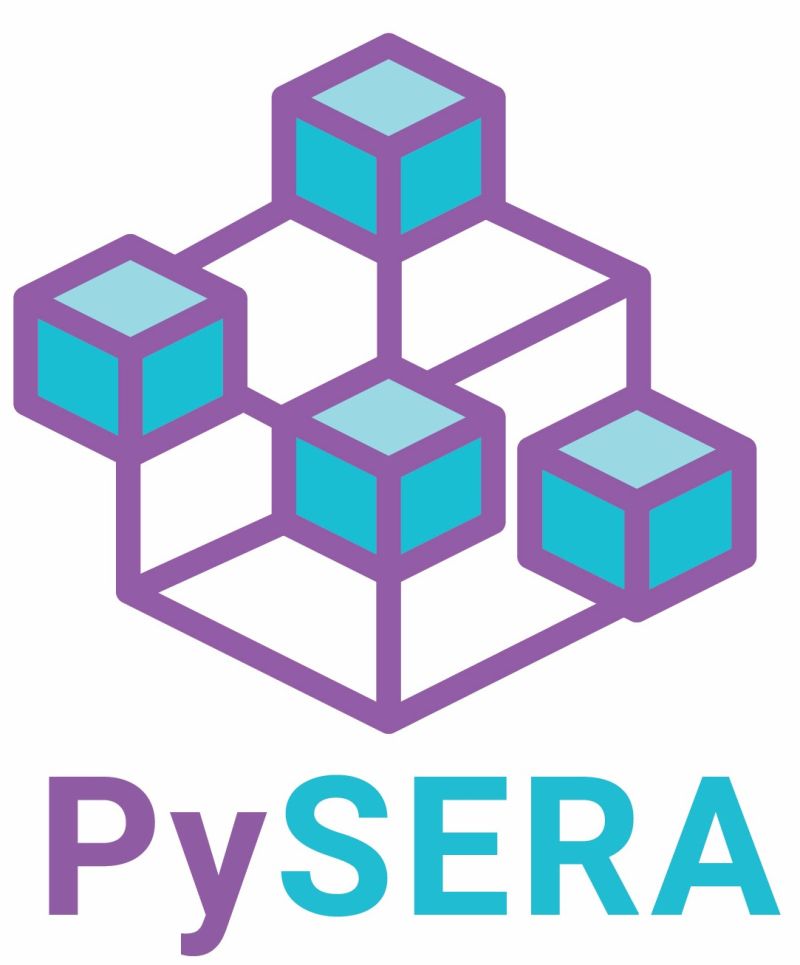
The field of radiomics continues to face major challenges, including limited reproducibility, fragmented standards, and poor integration with deep learning (DL) pipelines. To solve these gaps, we built PySERA — an open-source, Python-native library for handcrafted and DL-based radiomics feature extraction, purpose-built for automation, scalability, and AI readiness.
🔗 Access Links
💻 GitHub Repository: https://github.com/radiuma-com/PySERA
📦 PyPI Package: https://pypi.org/project/pysera/
📄 Paper (arXiv): https://arxiv.org/abs/2511.15963
🧩 Software Integration
PySERA is now integrated into 3D Slicer, enabling radiomics workflows within a widely used medical imaging platform:
🌐 3D Slicer Extension: https://github.com/radiuma-com/SlicerPySERA
It will also be a core component of our Radiuma software (embedding PySERA along with image pre-processing and ML solutions)
🔍 What PySERA Delivers
Fully modular, object-oriented re-implementation of our popular MATLAB-based SERA (Standardized Environment for Radiomics Analysis).
It has 557 features in total, including:
487 IBSI-compliant handcrafted features; 10 moment-invariant descriptors; and 60 diagnostic features
IBSI 1 compliance: Achieved >94% feature-matching average accuracy across all configurations.
Built-in DL radiomics embeddings using pre-trained CNNs:
ResNet50 (2,048 features); DenseNet121 (1,024); VGG16 (512)
📦 Comprehensive I/O & Data Handling
Support for DICOM, NIfTI, NRRD, and RT Struct, NumPy-native array processing; Adaptive memory management for large-scale datasets
⚙️ Technical Advantages
Standardized preprocessing: resampling, discretization, normalization
Multi-core parallel feature extraction for high-throughput studies
🌟 Why PySERA Matters
PySERA unifies standardized handcrafted radiomics and modern DL radiomics within a single, transparent, and scalable Python framework — powering reproducible, AI-ready precision imaging research at scale.
🙏 Acknowledgment
We appreciate TECVICO Corp. (tecvico.com) and VirCollab Group (vircollab.com) for their contributions and continued support in the development of PySERA.
※ To Cite this Work:
Salmanpour, M. R., Pouria, A. H., Barichin, S., Salehi, Y., Falahati, S., Shiri, I., Oveisi, M., & Rahmim, A. (2025). PySERA: Open-source standardized Python library for automated, scalable, and reproducible handcrafted and deep radiomics. arXiv. https://arxiv.org/abs/2511.15963